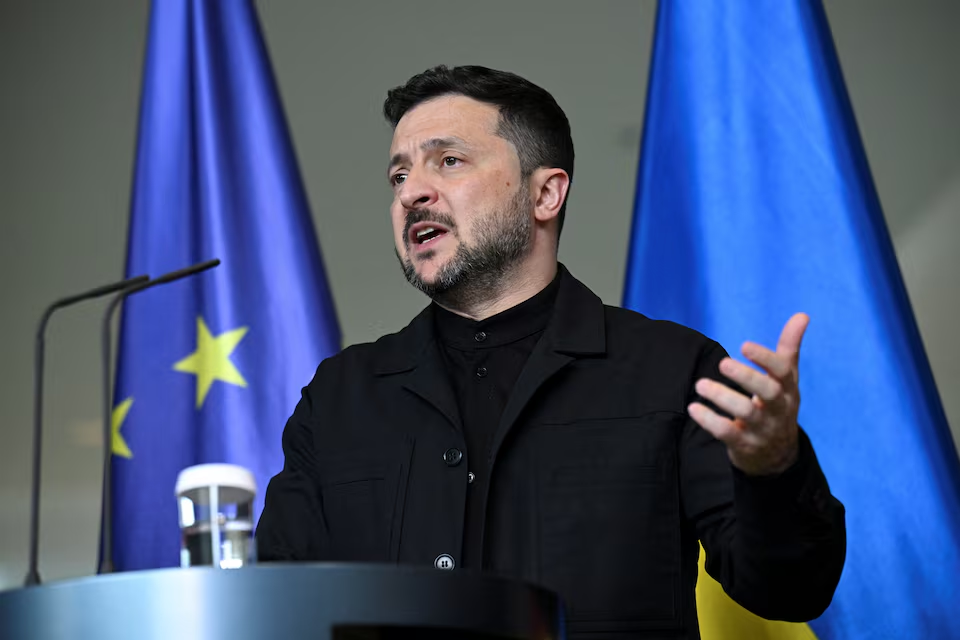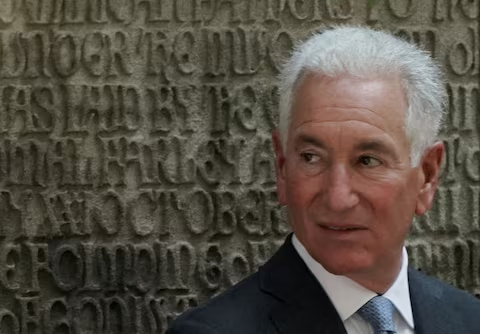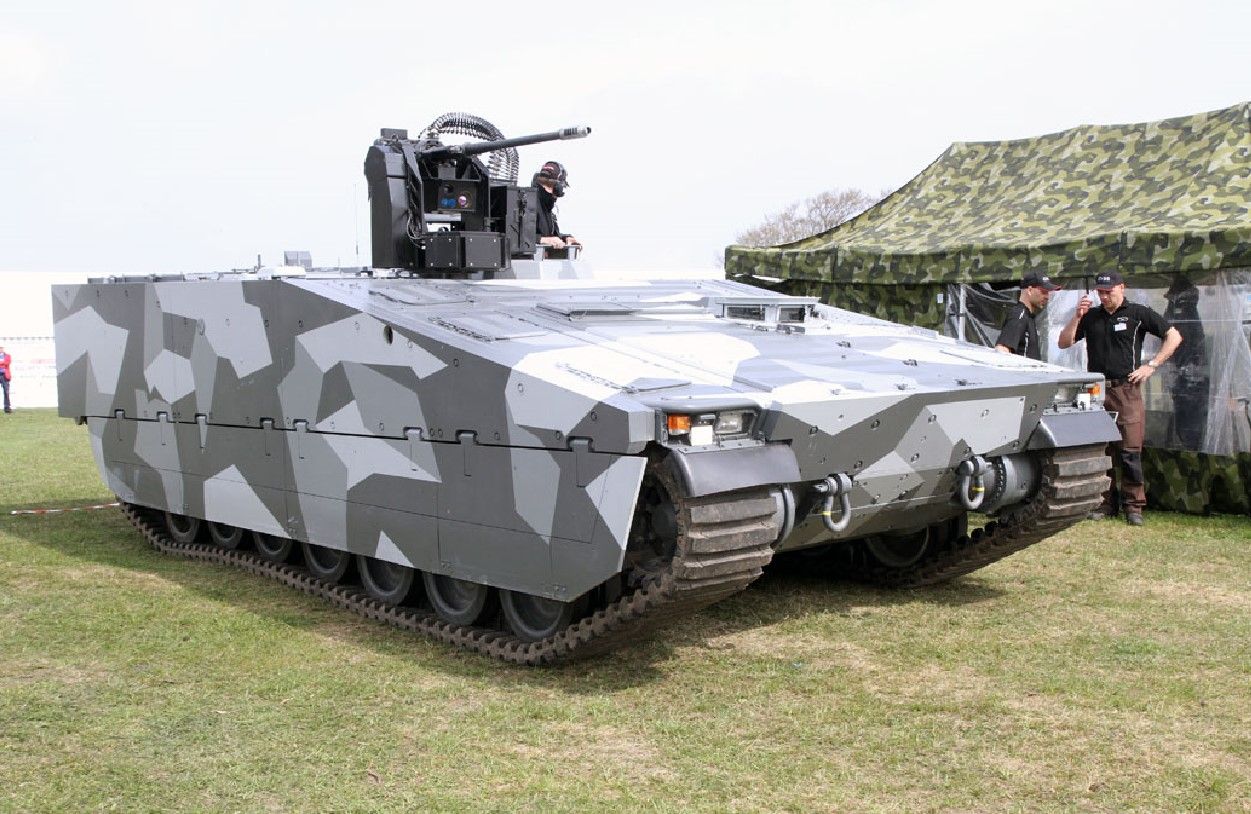Ukraine has yet to confirm whether it will participate in a proposed international peace summit scheduled for June 2 in Switzerland, leaving uncertainty around diplomatic efforts to end the war with Russia.
Ukrainian President Volodymyr Zelenskyy and other top officials have so far not made public statements affirming the country’s attendance at the summit, which aims to explore pathways to peace following over two years of intense conflict between Russia and Ukraine.
The Swiss government, which is hosting the summit, had invited representatives from around 160 countries, including Ukraine and key allies such as the United States, members of the European Union, and countries in the Global South. Russia, however, has not been invited to participate, a decision that has drawn criticism from Moscow.
Ukrainian Foreign Minister Dmytro Kuleba, in a press briefing earlier this week, neither confirmed nor denied the country’s participation, instead stating that Kyiv was assessing the summit’s potential impact and objectives. Kuleba reiterated Ukraine’s stance that meaningful peace discussions must be grounded in its 10-point peace formula, which includes a full withdrawal of Russian forces and restoration of territorial integrity.
The Kremlin responded critically to the exclusion of Russia from the summit. Russian Foreign Minister Sergei Lavrov accused the West of using the peace summit as a political tool to isolate Moscow while simultaneously pretending to seek a resolution to the conflict. He also dismissed the peace formula proposed by Ukraine, claiming it was unrealistic and non-constructive.
Switzerland’s Foreign Ministry emphasized that the summit is designed to initiate dialogue on a future peace framework and not to serve as a direct negotiation between warring parties. The ministry stated it hopes Ukraine’s presence would help garner broader international support for conflict resolution and humanitarian relief.
Analysts say Ukraine’s hesitation could be strategic, reflecting its desire to ensure that the summit agenda aligns with its national interests and doesn’t shift the spotlight from the need for military support on the battlefield.
Diplomats close to the planning process have indicated that Kyiv’s final decision may depend on the level of representation from powerful nations and whether they publicly commit to endorsing the Ukrainian peace plan. At the same time, pressure is growing from countries in Africa, Latin America, and Asia to see a de-escalation of hostilities and the commencement of meaningful dialogue.
Western officials, including from Germany and France, have encouraged Ukraine to participate, hoping the summit could be a step toward mobilizing a global coalition backing Ukraine’s territorial integrity and long-term security.
The June 2 peace summit is expected to be one of the most high-profile diplomatic efforts of the year. Its success or failure could have significant consequences for international efforts to end the war diplomatically.
As the date approaches, Ukraine’s decision is awaited closely by organizers and international observers alike.
Source; Reuters


